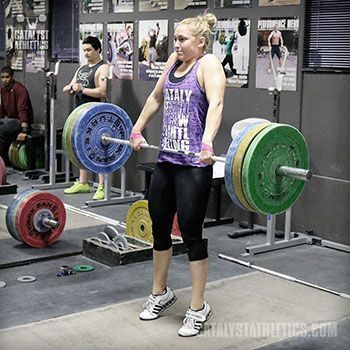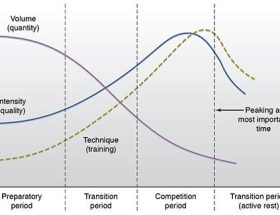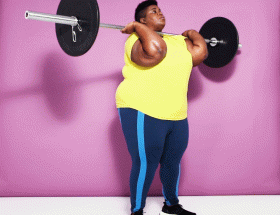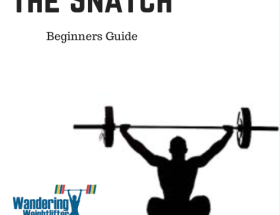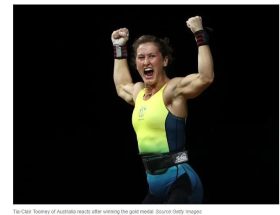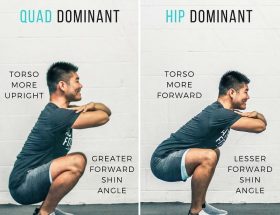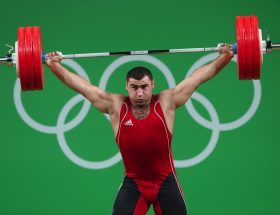Over the past decade, there has been a significant increase in the number of women participating in weightlifting. No longer considered a male-dominated sport, weightlifting is now attracting women of all ages and fitness levels. This surge in female involvement can be attributed to various factors, including increased awareness of the numerous benefits of weightlifting, improved access to training facilities, and the growing popularity of women’s weightlifting competitions.
Benefits of Weightlifting for Women
Women have traditionally been discouraged from participating in weightlifting due to misconceptions about its effects on their bodies. However, recent studies have debunked these myths and highlighted the many advantages weightlifting offers to women’s overall health and fitness.
1. Strength and Muscle Development
Contrary to popular belief, weightlifting does not lead to bulky muscles in women. Instead, it promotes lean muscle development, giving women a toned and sculpted physique. The increased muscle mass also helps boost metabolism, leading to more efficient fat burning and weight management.
2. Bone Density
Weightlifting is known to strengthen bones and improve bone density, which is especially crucial for women as they age. This reduces the risk of osteoporosis and other bone-related diseases, making weightlifting an essential component of women’s fitness routines.
3. Mental Health Benefits
Weightlifting has been found to have numerous mental health benefits for women. It can help reduce stress, boost confidence, improve body image, and enhance overall well-being. Additionally, weightlifting has been proven to alleviate symptoms of anxiety and depression.
Training Techniques for Female Weightlifters
When it comes to training, female weightlifters often face unique challenges and considerations. To optimize their performance and achieve their fitness goals, here are some training insights specifically designed for female weightlifters:
1. Focus on Proper Technique
Mastering proper weightlifting technique is crucial for female weightlifters to avoid injuries and maximize results. Working with a qualified coach or trainer who specializes in weightlifting can help ensure that the correct form is maintained throughout each exercise.
2. Tailor the Training Program
Every female weightlifter is unique in terms of fitness level, strength, and personal goals. It is vital to customize the training program to individual needs and progress gradually. A mix of compound movements such as squats, deadlifts, and bench presses, along with specific weightlifting exercises like clean and jerk and snatch, can be incorporated to provide a balanced workout.
3. Consistency and Progression
Consistency is key in any weightlifting program. Regular training sessions, accompanied by gradual progression in weight and intensity, will yield the best results for female weightlifters. Patience and dedication are essential, as strength and muscle development take time, but consistency will lead to significant improvements over the long term.
4. Adequate Recovery
Recovery is as important as training itself. Female weightlifters should prioritize rest days and allow their bodies to recover and repair. Proper nutrition, hydration, and sleep are crucial for optimal recovery, muscle growth, and overall performance.
Nutrition for Female Weightlifters
A well-balanced diet plays a crucial role in supporting the training efforts of female weightlifters. Here are some key considerations for nutrition:
1. Sufficient Protein Intake
Protein is essential for muscle repair and growth. Female weightlifters should aim to consume an adequate amount of high-quality protein sources such as lean meats, fish, eggs, dairy, legumes, and plant-based proteins to support their training and recovery.
2. Complex Carbohydrates and Healthy Fats
Complex carbohydrates provide the necessary energy for weightlifting workouts. Including whole grains, fruits, and vegetables in the diet ensures a steady supply of energy. Healthy fats, such as those found in avocados, nuts, and olive oil, are also important as they support hormone production and joint health.
3. Hydration
Staying hydrated is crucial for optimal performance, endurance, and overall health. Female weightlifters should consume an adequate amount of water throughout the day and stay hydrated before, during, and after training sessions.
Breaking Stereotypes and Inspiring Others
Female weightlifters are not only reaping the physical benefits of weightlifting but also breaking gender stereotypes and inspiring others to pursue their fitness goals. By showcasing their strength, dedication, and determination, these women are empowering others to break barriers and embrace their full potential.
In conclusion, the rise of female weightlifters is transforming the perception of weightlifting as a male-dominated sport. With its numerous benefits and tailored training techniques, weightlifting offers women a powerful tool to enhance their strength, fitness, and overall well-being. By embracing weightlifting, women can shatter stereotypes, inspire others, and pave the way for a future where gender equality prevails in the realm of sports and fitness.
